A thinking leader is a planning leader. There is no gainsaying the fact that Nigeria, especially given the multifaceted challenges with which it currently has to contend, needs leaders with strategic foresight: a unique ability to identifying current and future trends and initiate sustainable plans to respond to them.
Angela Miller, a scholar at the Department of Foresight, University of Houston, Stuttgart, Germany, notes that foresight is particularly helpful for planning and navigating risks and opportunities in politics.
This quality was in ample evidence when, long before President Bola Ahmed Tinubu announced the Federal Government’s decision to remove fuel subsidy in his May 29 inaugural address, the Ogun State governor, Prince Dapo Abiodun, anticipated the move and charted a data and science-driven course to ameliorate the impact on the populace.
Arguing that the regime of subsidy was most likely to be eliminated by the incoming Tinubu administration, Abiodun decided to roll out a gas-powered public transport system, with the state’s wifi-enabled buses converted from PMS to gas-powered vehicles.
The thinking, now validated by events, is that with gas costing significantly less than PMS and offering better value, public buses would cost much less and offer the people relief as they commute from one point to the other. In addition, Governor Abiodun and his team decided to launch electric motorbikes and tricycles all over the state.
And so when President Tinubu subsequently sounded the death knell for subsidy, the Ogun State government took the lead in rolling out palliatives. Said Governor Abiodun at the time: “We have two types of palliatives: cash transfer and technology transfer. If you buy food at controlled prices at designated areas, it saves a lot of money.
“If your transport cost is lower, your disposable income will be higher, and the standard of living will consequently be better. Buses converted to CNG have been test run, and people will henceforth be refilling their vehicles at designated points.”
That epochal statement, as Ogun residents and Nigerians in general found out on Monday this week, was no ruse.
The governor rolled out 17 buses converted from PMS to CNG-run buses, saying that the move would revolutionize the transport sector and alleviate the suffering inflicted on Nigerians by the removal of subsidy.
Speaking in Abeokuta, Ogun State capital, Abiodun enthused: “The initiative was clearly anticipated because we knew that the regulation of the downstream sector was imminent and unavoidable. This has become very imperative considering the urgent need to provide a cleaner environment and to mitigate the effects of climate change which we are all seeing to be real and which principally is caused by the use of fossil fuel, predominantly diesel and petrol.
“As your governor, I am extremely delighted that we are able to commence the implementation of this laudable initiative and I am bold to say that we come tops yet again as the first state in the country to record this feat which is another successful Public-Private sector partnership with our partner called Spiro, a company that has successfully deplored this in other parts of the West African sub-region.”
He noted that local mechanics, a vital part of the conversion engineering, had been trained, while conversion stations had been set up in the three senatorial district of the state, adding that this would allow for the rapid conversion of commercial and public mass transit buses and vehicles across the state.
That was not all: the initiative would reduce the cost of transporting goods and services as well as provide training and job opportunities for thousands of technicians and mechanics around the state.
Some of the buses would be given to workers and students, while some would ply the Mowe- Ibafo to Berger in Lagos and Redeemed axis to Lagos Island, as the corridor was heavily congested with large cross-border migration.
And the state government has set up a gas filling station at Obada-Oko, just as it will provide the needed infrastructure to support the refueling of the buses along the roads and terminals as he noted:
“Some of these buses ply Kuto to Wole Soyinka train station in Laderin, some from Onikolobo to Idi-Aba corridor, while others will serve Ita-Oshin-Adatan route. As we expand our fleet, we will also deplore the buses to major towns and cities starting with Sango-Ota, Sagamu, Ijebu-Ode and this will provide mass transportation for our citizens particularly our young students in the towns and cities.”
Given the run of events since he became governor, it is no surprise that the Gateway State, now Nigeria’s top investment destination and the second least dependent state on federal allocation, is taking the lead in gas-powered transport. It similarly took the lead during the COVID-19 pandemic, and its recognition along with Lagos by President Muhammadu Buhari for special support was nationally televised.
No doubt, the current strategy will reduce hardship while creating job opportunities for the people.
The subsidy removal threw up a lot of problems, particularly in the area of transport, as many people found it difficult to even go out of their homes and state governments had to reduce the number of working days.
But Ogun State, which had entered into an agreement with a company converting petrol- run buses to CNG, quickly rolled out palliative measures, including the payment of a cash palliative of N10,000 to public servants and pensioners, the use of a social register developed during the COVID-19 crisis to distribute relief items to the Ogun populace; the rollout of battery-powered motorcycles and tricycles, bulk purchase of food to be sold at controlled prices, the payment of hazard allowance to health and medical personnel in the state and peculiar allowance for public servants.
Others are immediate release of letters of promotion in respect of 2021 and 2022, the payment of March and April, 2023 leave bonuses for public servants, and immediate cash-backing for the quarterly payment of gratuities to pensioners.
That was not all: it caused the state’s ministries, departments and agencies to work out modalities for ensuring that 20 percent of their staff strengths were off-duty daily to ease the subsidy situation, and began distributing food palliatives (rice, garri, beans, maize etc) to vulnerable citizens while mandating the Gateway Trading Company to establish food distribution outlets across the state and sell the items at the rates obtainable in the market before the removal of fuel subsidy. Nothing beats planning and foresight.
Now, with gas-powered buses on the roads, fuelling stations will be positioned along bus routes statewide to ensure sustainability and smooth running of the project, aided by the abundance of gas in the state.
The administration is in fact intent on converting close to 2,000 buses for free, and will in the next three weeks launch its e-mobility programme, which is aimed at swapping all petrol-dependent motorcycles and tricycles with electric ones powered by rechargeable batteries.
The rollout of gas-powered buses is indeed a milestone. Gas is cheaper than PMS and is environmentally friendly. Besides, the measure has opened up vistas of opportunities for the people. Some will learn how to do the PMS-CNG conversion while others will work at the refilling substations.
Transport costs will come down, being far lower than the cost before the removal of subsidy, with multiplier effects on the cost of food and other items. The implication is that Ogun residents will have higher disposable income. The Abiodun government has just initiated yet another revolution.
Akinmade is the Special Adviser on Information and Strategy to Ogun Gov. Dapo Abiodun










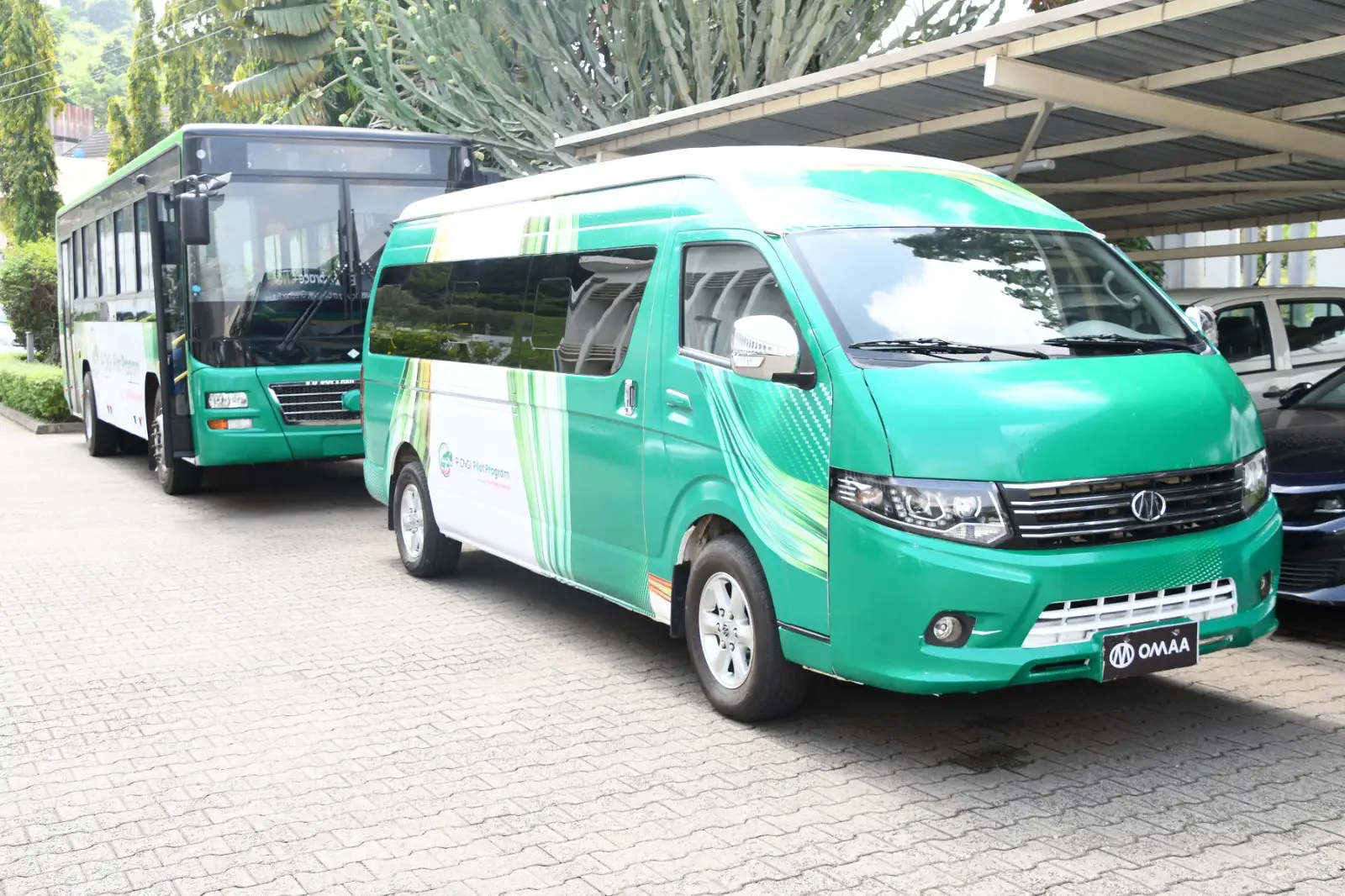










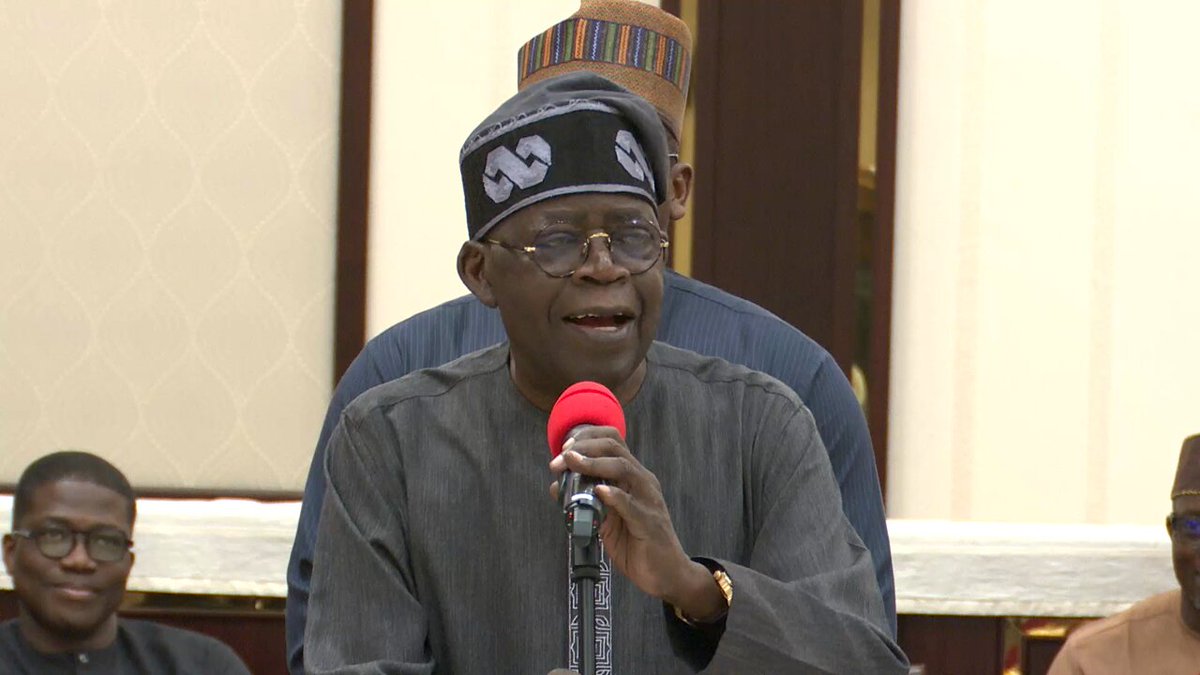



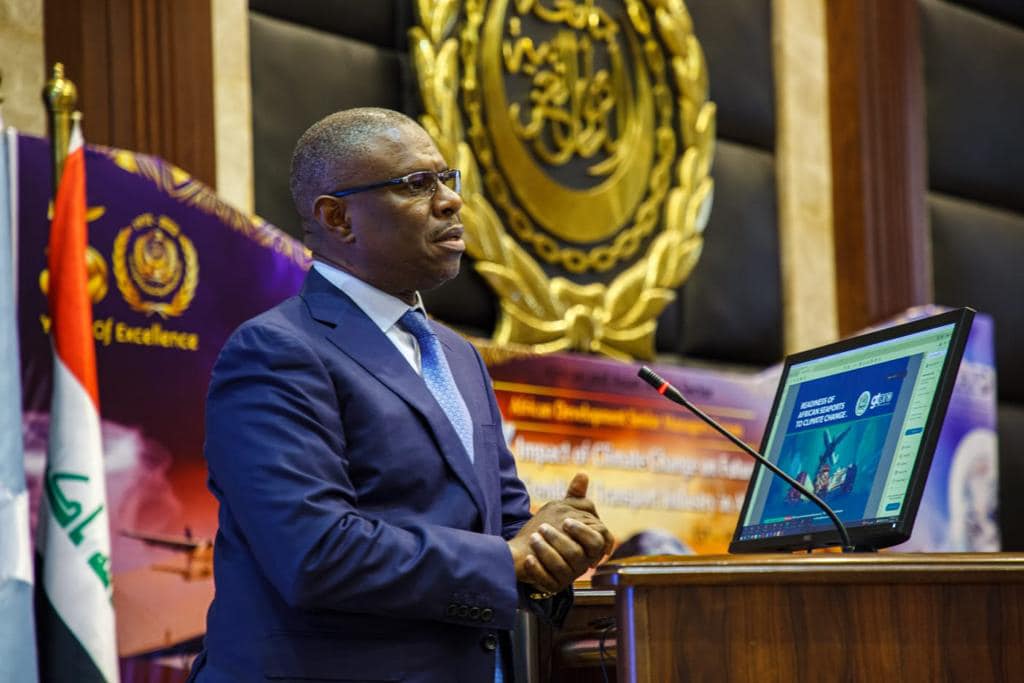


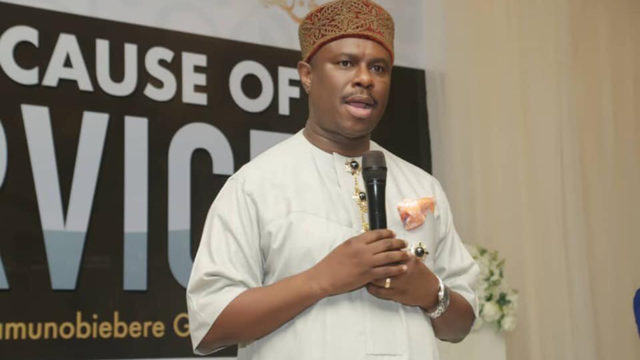


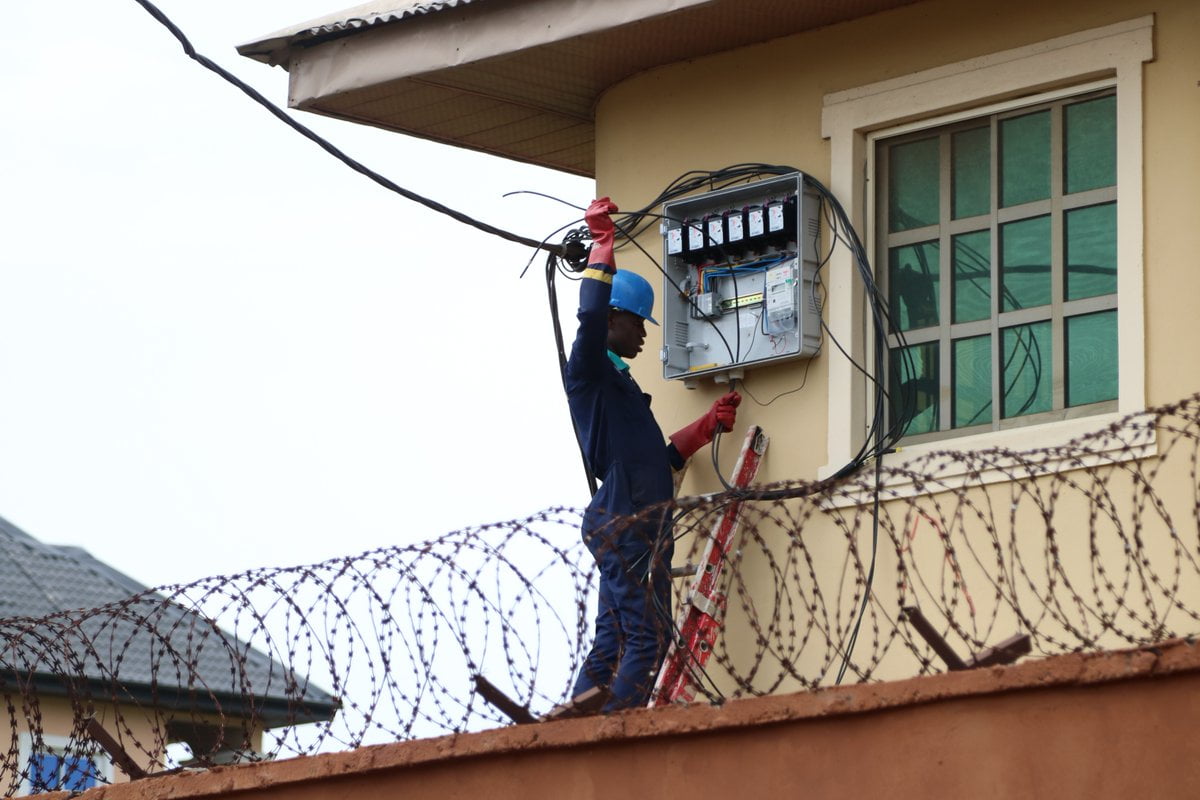




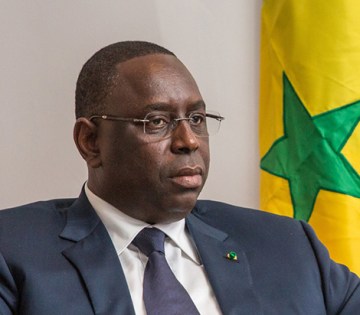
Leave a comment